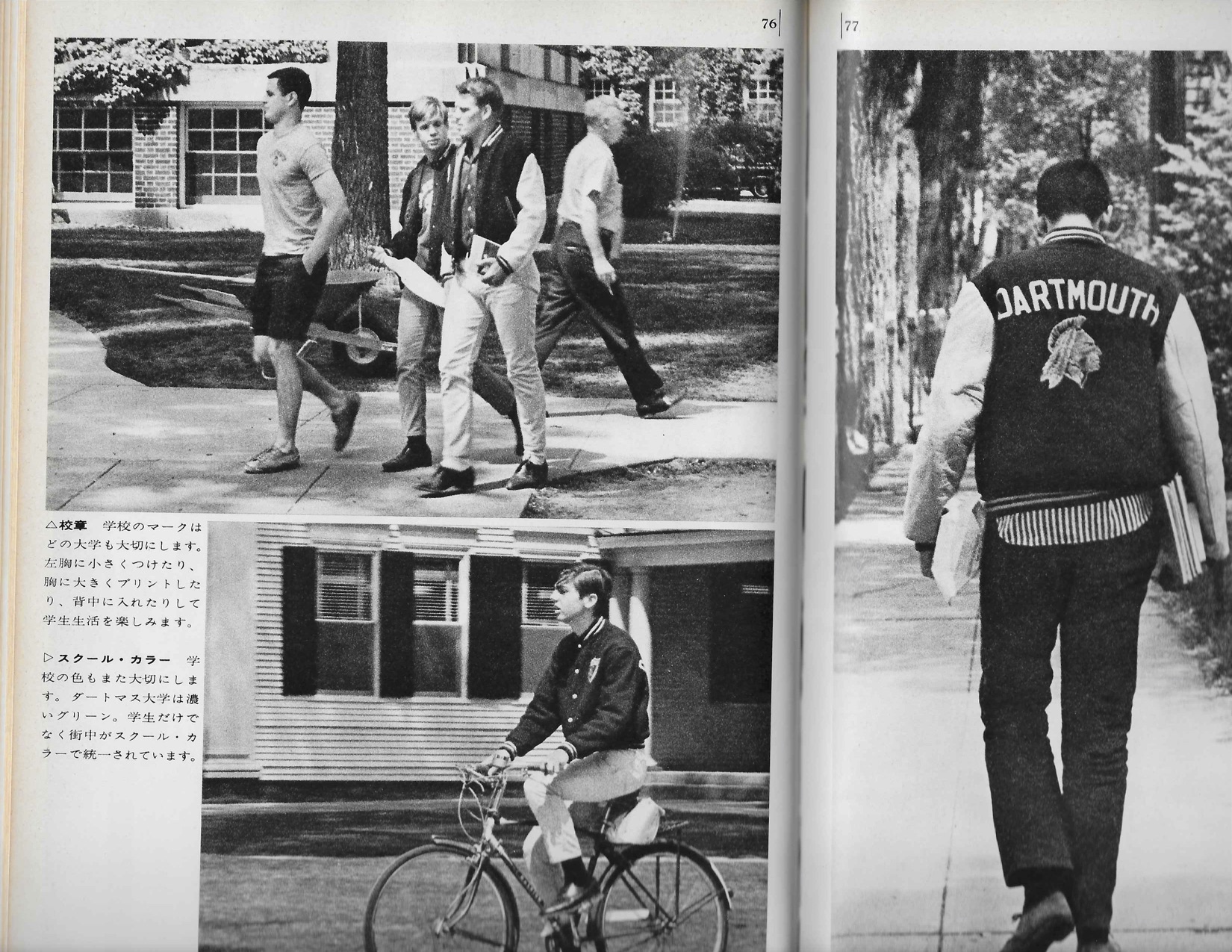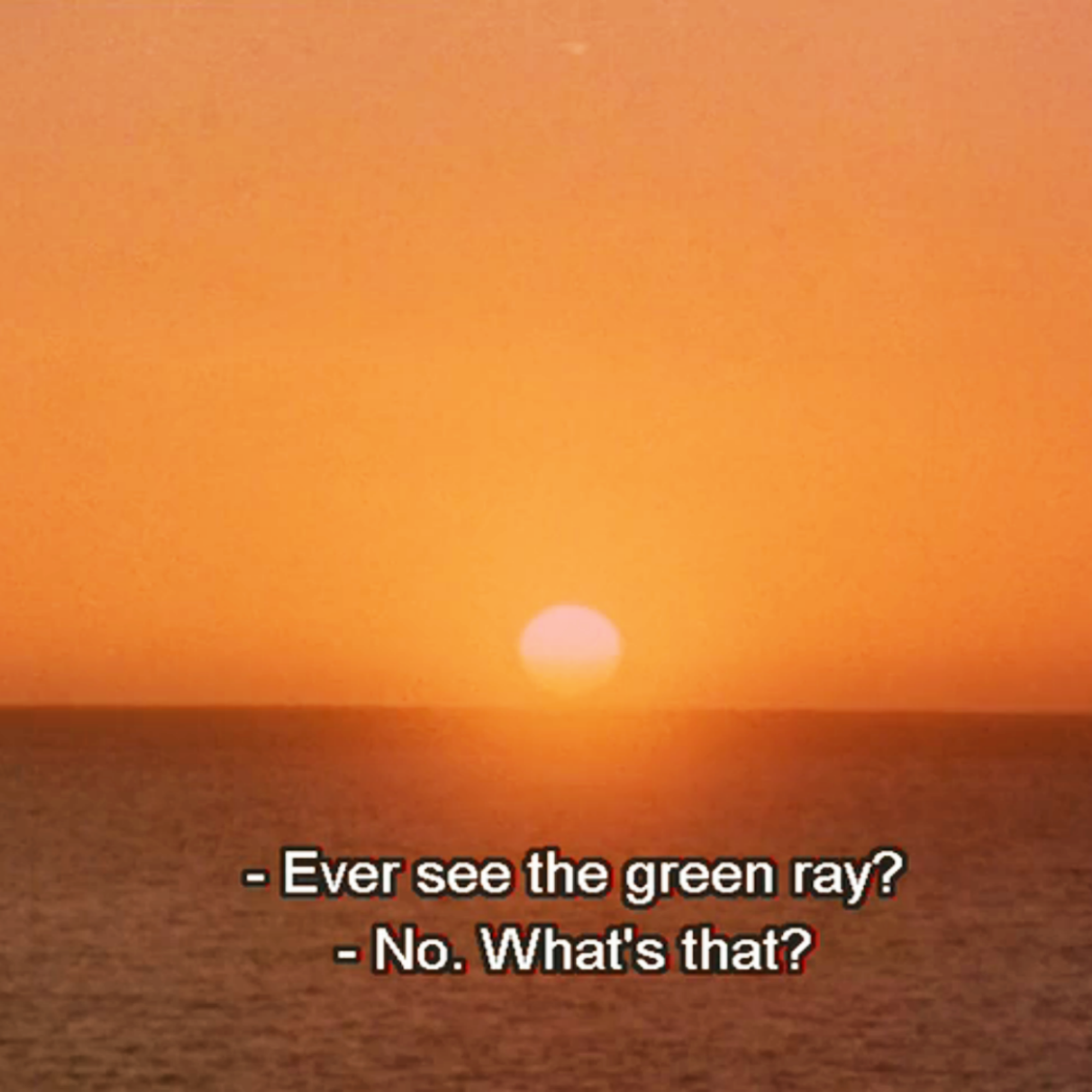Luke Winkie profiles Gary Vaynerchuk, a success story for the TikTok age.
Two summers ago, one of the internet's preeminent hustle influencers went spelunking through the damp, jumbled yards of Succasunna, New Jersey. The trip was part of a YouTube series called "Trash Talk," in which Gary Vaynerchuk teaches the art of the flip: How to coax profits—and, he seems to suggest, financial self-actualization—out of the junk hoarded in basements and attics around the country.
On this particular day in Succasunna, Vaynerchuk, 46 and dressed in gray sweats, creamsicle-colored Dunks, and a tee shirt emblazoned with the words "CHAMPION BRED," made off with a Laveranues Coles New York Jets jersey ($2), a toy licensed by the Pixar film Onward ($1), and 12 cardboard boxes filled to the brim with Japanese manga ($270). Later, he estimated that they would yield a profit exceeding $6,000.
This is pocket change for Vaynerchuk, better known as "Gary Vee,” who has a reported net worth of around $160 million and is one of the most influential financial advisors on the internet, with nearly as many Twitter followers (3.1 million) as Suze Orman and Jim Cramer combined. Almost 15 million people subscribe to him on TikTok, where he dispenses his wisdom about all sorts of revenue streams (basketball cards, crypto coins, and lately, NFTs) and promotes his many different ventures — among them VaynerMedia, a digital advertising agency with a roster of clients that includes TikTok and PepsiCo; VaynerProductions, a full-service content studio; and a lucrative investment portfolio. He has landed multiple books on multiple New York Times Best Sellers lists, he's a frequent guest on CNBC and CNN, and he flirts openly with the idea of someday purchasing an NFL team.
But he has also cultivated a sort of everyman persona that is the real key to his fame—especially recently, in this tense, bewildering economic moment, and particularly among a generation that has never really known anything different. As a larger share of Americans spindle together a disparate blend of income streams and call it a career, Vaynerchuk doesn't see desperation. He sees opportunity, maybe even fun—so much fun that he’s out here himself, bartering some sucker down to $15 for a couple buckets of Hot Wheels, or hunting easy flips at a Goodwill, while always doling out advice on how we can live life more like him. (A sample YouTube video title: "How to win the MINDSET game.") Vaynerchuk made millions as a marketing executive, and more recently a Web3 founder, but on social media — where his fans are — the stakes are so much smaller. It's rare for a CEO to demonstrate how to squeeze a few extra dollars and cents out of a front lawn.
The schtick works: In the opening minutes of the Succasunna Trash Talk episode, a man in a camouflage bandana and a Mickey Mouse T-shirt approaches Vaynerchuk on the street. "You got me into this man, you saved my life bro," he says before showing him an app on his phone that tracks all of his secondhand flips; 505 sales, totaling $25,402. (The fan says he started his garage sale hustle with $100.) Vaynerchuk pulls him in for a bear hug. "My man, I'm so fucking proud of you." Vaynerchuk seems to earnestly believe that this is what he is here to do—not just help people make more money, but help them believe in themselves.
I spoke to him at his office in Manhattan’s Hudson Yards, where we were surrounded by sneakers, New York Jets memorabilia, comic books, and vintage pro-wrestling action figures. The doorway was paneled with gold-leaf picture frames, each of which contain printed-out Gary Vaynerchuk tweets: "Winners win." "The truth always wins in the end." The "retweet" and "like" buttons had been pressed on each of them. "I don't think [my fandom] is based on the idea that I'm giving them money," Vaynerchuk told me. His voice is high in his throat, and always a little wet. "I think that reaction is based on me giving them happiness."
Avery Trufelman’s podcast series Articles of Interest: American Ivy was named among the best podcasts of 2022 by the New York Times. She recounts her personal history with “style rules” and how the strictures of preppy dressing migrated from Princeton, New Jersey to Japan and back to America again. Katy Kelleher writes an eloquent ode to dirt, and compares its mixed reputation to that of soil, “the subject of loving documentaries and Earth Day celebrations.” Although “dirt is defined by the fact that it has no value,” a significant portion of Gen Z is propping up the current dirtbag renaissance.
 | Jan 12, 2023 How prep and Ivy style were molded by Japan. |
 | Jan 12, 2023 The nothing that comes from nothing. |
|
News tastemakers can use.
|  | Jan 13, 2023 |
|
|  | Jan 12, 2023 |
|
|  | Jan 12, 2023 |
|
|  | Jan 12, 2023 |
|








